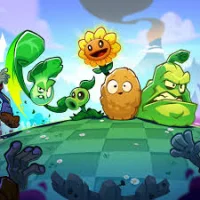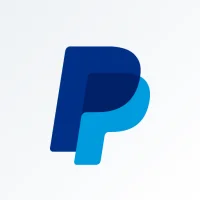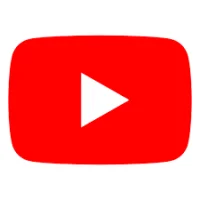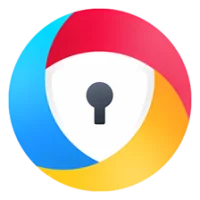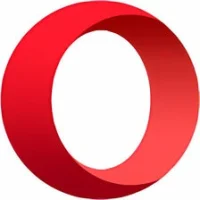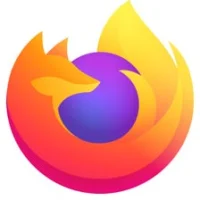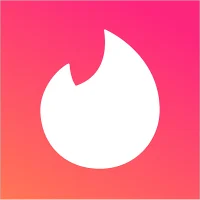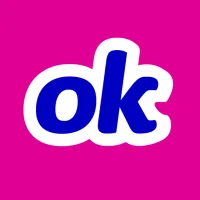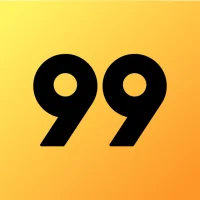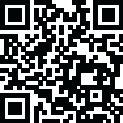
Latest Version
November 23, 2024
Communication
Android
1
Report a Problem
More About YouTube Apk Download
YouTube is a video-sharing platform where users can upload, view, and interact with videos. It was founded in February 2005 by three former PayPal employees—Chad Hurley, Steve Chen, and Jawed Karim—and was later acquired by Google in November 2006 for approximately $1.65 billion. YouTube is one of the most visited websites in the world, with billions of users and views every day.
Key Features:
1. Video Uploading and Sharing: YouTube allows users to upload their videos, making it easy for individuals, organizations, and businesses to share content. Videos can be made public, private, or unlisted based on user preferences.
2. Channels: Users can create channels where they can post videos. Channels allow content creators to organize their videos, and viewers can subscribe to these channels for regular updates on new content.
3. Comments, Likes, and Shares: Viewers can interact with videos by leaving comments, liking videos, and sharing them on social media platforms, which helps to drive engagement and increase the reach of the videos.
4. Live Streaming: YouTube supports live streaming, allowing content creators to broadcast live videos to their audience. This is widely used for events, gaming, Q&A sessions, and more.
5. Monetization: YouTube offers monetization features like AdSense, allowing creators to earn money from their videos through ads. This has made it a popular platform for influencers, creators, and businesses to generate revenue.
6. YouTube Premium: A paid subscription service that removes ads from videos, allows offline viewing, and includes access to YouTube Music for music streaming.
7. YouTube Music: A music streaming service integrated with YouTube, offering users access to a vast library of songs, albums, and playlists, both for free and through a premium subscription.
8. YouTube Shorts: A relatively recent feature similar to TikTok, YouTube Shorts allows users to create and view short, vertical videos (60 seconds or less). This format has gained significant popularity among creators.
9. Playlists: YouTube allows users to organize videos into playlists, which can be shared or kept private. Playlists help users create and curate content around specific themes or topics.
10. Video Recommendations: YouTube uses algorithms to recommend videos based on a user’s watching history, searches, and interactions. These recommendations appear on the homepage and sidebar.
11. Analytics: YouTube provides creators with detailed analytics about their videos, such as views, watch time, demographics of viewers, and more. This helps creators improve their content and grow their audience.
12. Community Tab: For creators with more than 1,000 subscribers, YouTube offers a "Community" tab, which allows them to post polls, images, and text updates to engage with their audience.
13. YouTube Kids: A child-friendly version of YouTube designed to provide a safe space for children to watch videos, with parental controls to limit content.
Monetization Options:
Ad Revenue: Content creators can earn money from ads placed on their videos via Google AdSense.
Super Chats and Super Stickers: During live streams, viewers can pay to have their messages highlighted or send virtual stickers to show support for creators.
Change Memberships: Creators can offer memberships to their viewers, where subscribers pay a monthly fee to access special badges, emojis, and exclusive content.
Merchandise Shelf: YouTube allows creators to sell merchandise directly from their channel, integrating third-party services like Teespring and Spreadshop.
Mobile and App Versions:
YouTube App: Available for both Android and iOS devices, YouTube’s mobile app allows users to watch and upload videos, live stream, and manage channels on the go.
YouTube TV: A subscription service that offers live TV streaming, including channels like ABC, CBS, NBC, and ESPN, as well as on-demand content.
Content Diversity:
YouTube hosts a wide range of video content, including:
Vlogs (personal or lifestyle blogs)
Tutorials and How-Tos (teaching various skills or providing educational content)
Music Videos (official and fan-created)
Gaming Content (let's plays, walkthroughs, anlive streams)
News and Documentaries
Movies and TV Shows (both licensed and user-uploaded)
Product Reviews and Unboxing Videos
Comedy Sketches and Parodies
Community and Social Impact:
YouTube has become a platform for various communities, with millions of creators using it to share their knowledge, creativity, and opinions. It has been instrumental in shaping modern entertainment, media, and culture, influencing trends, public discourse, and even politics.
Privacy and Security:
Content Moderation: YouTube uses both automated systems and human reviewers to enforce community guidelines, removing harmful content such as hate speech, bullying, and misinformation.
Age Restrictions and Parental Controls: YouTube offers features like restricted mode, which filters out inappropriate content, and YouTube Kids, a safer environment for children.
Copyright Protection: YouTube has a robust Content ID system that helps protect copyright holders' intellectual property by identifying and managing copyrighted material uploaded by users.
Usage Statistics:
YouTube is one of the most visited websites globally, with over 2 billion logged-in monthly users.
Every minute, over 500 hours of video are uploaded to YouTube, making it one of the largest video libraries in the world.
Conclusion:
YouTube has become a central hub for video content, serving as a platform for entertainment, education, socializing, and even business. It has transformed the way people consume media and provided opportunities for creators to turn their passions in
to careers, while also being a go-to resource for everything from how-to videos to professional content.
Rate the App
User Reviews
Popular Apps










Editor's Choice

